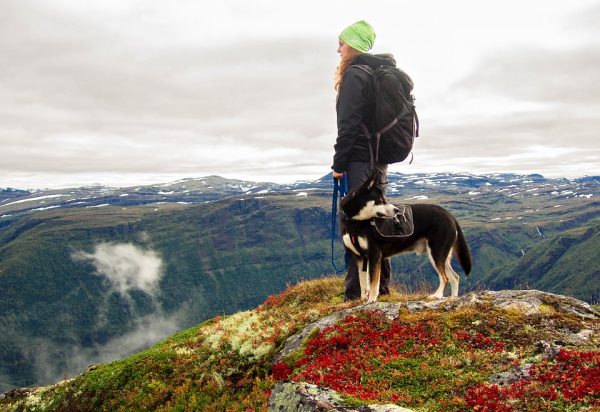Winter hikes can be such an exciting experience for so many reasons. The trails tend to be less crowded and quieter. The woods are almost like a completely different world when the leaves fall, and you have the chance to try out seasonal activities like snowshoeing or Nordic skiing.
For dog owners, I can assure you that your furry friend wants to…








